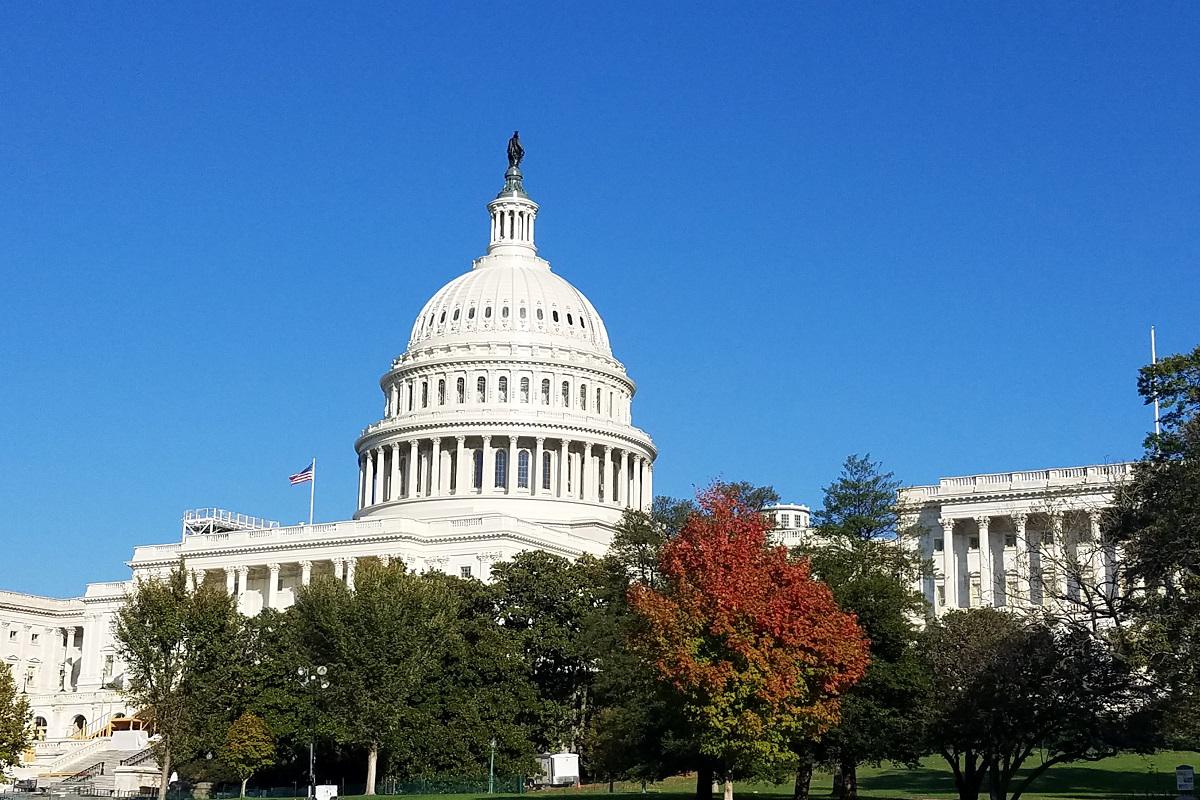In the United States, four federal agencies in a joint statement, which was published on Tuesday, April 25, confirmed their commitment to the idea that all decisions made for companies by artificial intelligence should not contradict the norms of current legislation to one degree or another.

Source: motionarray.com
This statement says that automated systems are often referred to as products that can provide absolute insight and breakthroughs, save money, increase efficiency, and modernize existing practices.
In the context of the analysis of the market positioning of these systems, representatives of federal agencies note that the use of appropriate tools is fraught with risks, including unjustified and unlawful bias, illegal discrimination, and other negative results. The statement notes that the consequences of a negative significance in terms of security and legality can give rise to sustainable and large-scale practices of a similar nature.
The joint statement was published by the Civil Rights Division of the United States Department of Justice, the Consumer Financial Protection Bureau (CFPB), the Federal Trade Commission (FTC), and the U.S. Equal Employment Opportunity Commission (EEOC).
All agencies have previously stated concerns about the use of artificial intelligence-based systems. In a joint statement, the authorities announced their intention to monitor the use of the systems and ensure compliance with collective powers.
The CFPB said that companies cannot defend violations of the Equal Credit Opportunity Act, pointing to the complexity of credit decisions made with the help of technology. Separately, the inadmissibility of illegal AI behavior and the impermissibility of bias in assessments generated by advanced technologies were noted.
CFPB Director Rohit Chopra said that artificial intelligence has penetrated into all sectors of the economy, which is why regulators should be ahead of the spread of this technology in terms of speed of action because otherwise, the risk of discriminatory consequences threatening financial stability is high. He also separately noted the willingness to actively cooperate with law enforcement officers in order to eliminate discrimination resulting from incorrect AI decisions.
The high speed of development of artificial intelligence capabilities and the wide scale of its integration into other systems and industries is becoming a problem for regulators around the world. US Senate Majority Leader Chuck Schumer, R-New York, has unveiled his version of the regulatory framework for regulating and shaping the emerging AI industry.
As we have reported earlier, Citi Expects Generative AI to Benefit Search Engine Industry.









